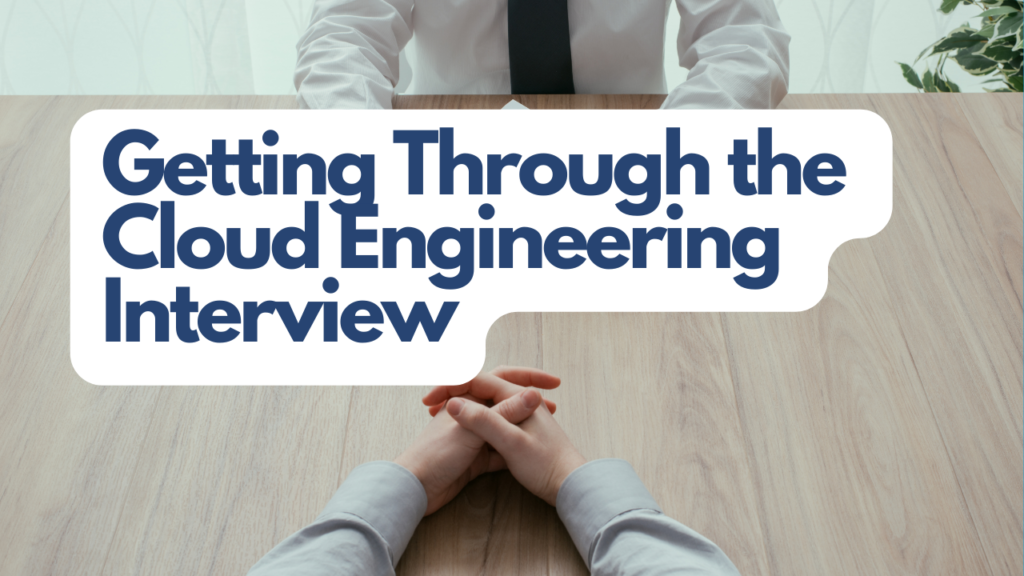Don’t Rely on Certifications
The world of cloud computing is booming, and organizations are actively searching for skilled Cloud Engineers. Landing that dream job starts with a successful interview. While certifications show knowledge, they are only one piece of the puzzle. Interviews provide a platform to showcase your skills, experience, and passion for cloud technologies. It’s a chance to demonstrate your ability to solve real-world problems using your knowledge. Remember, you’re not just aiming for a job; you’re aiming to contribute to innovative projects.
Imagine this: two candidates with identical certifications walk into an interview. One has spent countless hours building and deploying applications on the cloud. The other has focused solely on theoretical knowledge. Who do you think has the edge? Hands-on experience sets you apart. It demonstrates your ability to apply theoretical knowledge to real-world scenarios. It shows you can learn, adapt, and solve problems creatively. Employers value practical skills; they want to see what you can do.
When I interview candidates and they are only focused on their certifications, I know that they are not going to work out. Certifications are great, but they are not everything. If you do not know how to hands-on deal with something, then even an architect-level certification won’t help. An engineer with just a fundamental certification and hands-on experience has a better chance of getting the job. Do not just rely on certifications. I see this on Reddit a lot, and I am here to tell you that is not going to get the job. It might get you the interview, but that is as far as it will go.
Practice Interviewing
Technical questions are a cornerstone of cloud engineering interviews. Expect to be quizzed on your understanding of cloud platforms like AWS, Azure, or GCP. You might be asked about core concepts like virtualization, networking, storage, and security. Architectural patterns such as microservices, serverless computing, and containerization could come up. Deployment and management tools like infrastructure as code, CI/CD pipelines, and monitoring systems are also common topics. Depending on what you are interviewing for, we will usually ask questions on networking, Active Directory, patching, and cybersecurity.
The worst way to answer a question is by saying, “I remember learning about that when studying for the certification,” but then you have it on your resume as though you have the experience. I have seen that so many times. Yes, many people embellish on their resumes, but you will be found out sooner or later, especially if someone interviews you the way I do. I will also tell you that cloud experience is not as important as foundational knowledge. If you know how to do things on-premises, that will usually translate into the cloud.
Technical practice is essential, but don’t underestimate the importance of soft skills. Cloud engineering is a collaborative field requiring effective communication, teamwork, and problem-solving abilities. Expect behavioral questions that assess your communication skills, like: Can you explain complex technical concepts clearly? How do you collaborate with others to achieve common goals? How do you approach and solve technical challenges? What do you do when you’re tasked with something new to you? Adaptability is also crucial. For instance, how do you handle changing priorities or unexpected situations?
Soft Skills are Important
Prepare anecdotes that showcase your soft skills in action. I want to understand if you are a team player. If you are senior, are you a good mentor to more junior team members? Can you be client-facing? I work remotely, and not everyone can. I want to make sure you are able to be collaborative and communicative with the team without being face-to-face. Are you passionate about learning and can take on a task and at least do research? I want to make sure that you are able to fit with a team of smart, passionate, and savvy individuals who work well together.
Let’s consider two candidates interviewing for the same Cloud Engineer role. Both candidates have prepared extensively and are eager to showcase their skills and knowledge. Both have similar certifications and technical skills, making them appear equally qualified on paper. Candidate A focuses solely on technical answers, struggles to explain their thought process, and appears hesitant when asked about teamwork experiences. This candidate seems nervous and unsure, which affects their overall presentation. Candidate B, on the other hand, clearly explains technical concepts, articulates their problem-solving approach, and even when unsure of the exact answer, maintains a calm and confident demeanor throughout the interview. Additionally, Candidate B shares a compelling story about successfully collaborating on a complex cloud migration project, highlighting their ability to work well in a team and handle challenging situations. Who do you think is more likely to get the job?
The decision often comes down to more than just technical skills. Technical skills matter, but the ability to communicate effectively, work collaboratively, and demonstrate a positive attitude can make all the difference. Employers look for well-rounded candidates who can contribute positively to the team and adapt to various situations. So, focus on developing a well-rounded skill set that goes beyond the theoretical. Engage in real-world projects that challenge your abilities and push your boundaries.
Employers seek individuals who can think critically and solve problems, analyzing complex technical challenges and devising effective solutions. They value those who can apply their knowledge in practical scenarios. Stay current by continuously learning and adapting to the ever-evolving cloud landscape. Attend webinars, take online courses, and read the latest industry publications. These skills are honed through hands-on experience. Theoretical knowledge is important, but practical application is where true mastery is achieved. Build personal projects to show your skills. These activities provide invaluable experience and help you stay ahead in the field. The more you practice, the more confident and capable you’ll become. Confidence comes from repeated practice and the ability to tackle new challenges head-on.
At the Interview
So, you got the interview. Now, understand that certifications are just one part of the entire package, and you have strong soft skills. How do you impress the interviewer? Research the company and the role. Get on sites like Glassdoor to read reviews about the company. People will often post the types of interview questions they were asked. Understand their cloud infrastructure, projects, and challenges. Review your technical fundamentals, brush up on cloud concepts, architectural patterns, and deployment tools. Practice your answers to common interview questions—both technical and behavioral. Prepare questions to ask the interviewer to demonstrate your curiosity and interest in the company and the role. Remember, preparation builds confidence. The more prepared you are, the more relaxed and self-assured you’ll feel during the interview.
Don’t forget to ask questions. When I say ask questions, I mean ask pertinent questions. Don’t ask me questions that you should be asking the talent rep. A positive attitude can go a long way in an interview. It sets the tone for the entire conversation and can make a lasting impression. Approach the process with confidence and enthusiasm. Walk in with a smile and a firm handshake, showing that you are ready and excited for the opportunity. Show the interviewer that you’re eager to learn and grow. Express your willingness to take on new challenges and your excitement about the potential to develop new skills.
Be yourself—authenticity is key. Interviewers can tell when you’re being genuine, and it helps build trust and rapport. Let your personality shine through. Don’t be afraid to show who you are and what makes you unique. Be enthusiastic—showing your passion for cloud technologies and your eagerness to contribute. Your enthusiasm can be contagious and can make you stand out. Be a good listener—pay attention to the interviewer’s questions and respond thoughtfully. This shows that you are engaged and interested in what they have to say. Ask insightful questions to demonstrate your curiosity and interest in the company and the role. This can also help you determine if the company is the right fit for you.
Don’t ramble on and don’t try to dance around the questions. Nothing is more frustrating to me than when someone doesn’t answer my questions and instead talks and talks without saying much of anything. Be confident, positive, and answer the question directly. Remember, an interview is a two-way street. It’s not just about them assessing you, but also about you assessing them. It’s an opportunity for you to assess the company and the role as much as it is for them to assess you. Make sure to take the time to reflect on whether the position aligns with your career goals and values. Ask questions, but make sure to ask the right questions to the right people.
The cloud computing landscape is vast and ever-evolving. Embrace the challenge and the opportunity for continuous learning and growth. Don’t be discouraged by setbacks. Each interview, successful or not, is a learning experience. Remember, you possess valuable skills and experience, so showcase your abilities and approach each interview with confidence and a positive attitude. Your cloud engineering journey awaits. Please share this video, like, and subscribe. Good luck on your next interview!

